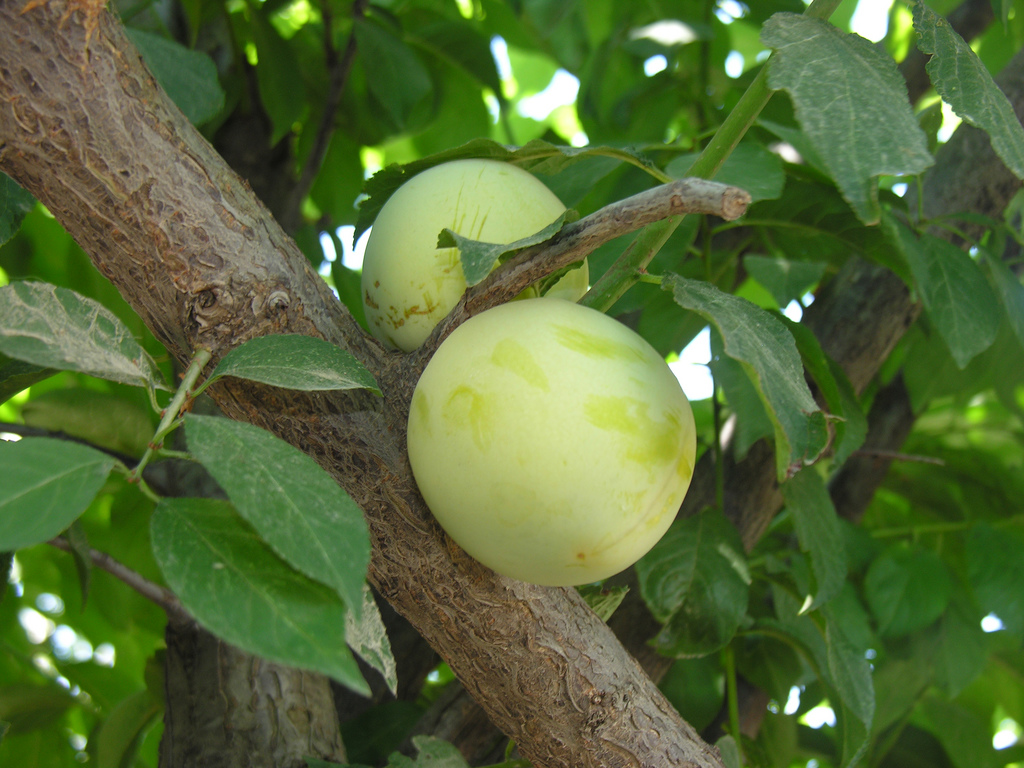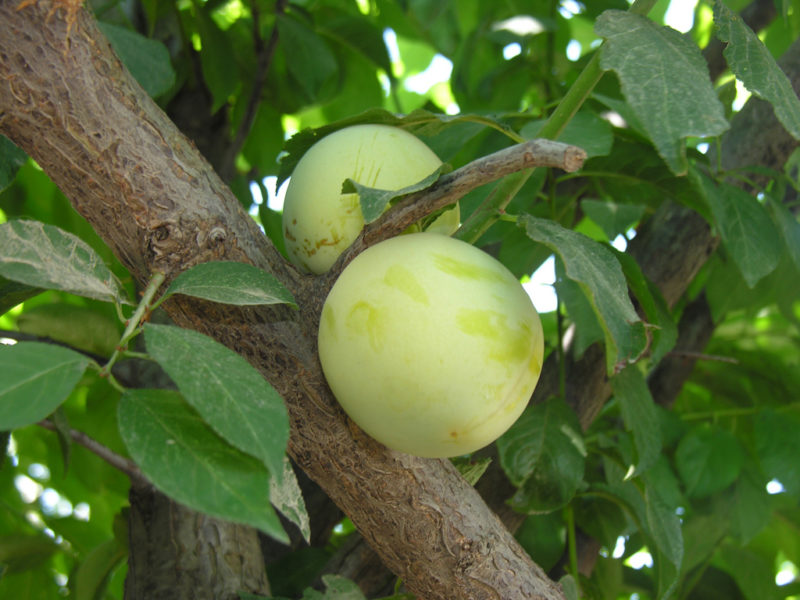
Nancy Turner, the author of the study, says that the fruit is high in phenolic compounds that serve as antioxidants and neutralize the negative effects of free radicals that can damage our bodies at a DNA level. With this information in mind, Turner and her team developed a colon cancer test model to determine if dried plums have any possible cancer-prevention capabilities.
Link Between Colon Cancer and Prunes
The scientists fed one group of rats a diet enhanced with dried plums. The second group was fed a prune-less control diet with similar caloric content and macronutrient composition. The goal was to determine if the phenolic compounds found only in the dried plums produce any positive or negative effects through an extensive examination of the colon tissues and intestinal tracts. What Turner discovers is revolutionary.
The rats with the prune diet exhibited significantly decreased levels of aberrant crypts when compared to the control group. This discovery is noteworthy because the scientific community considers aberrant crypt foci to be one of the early warning indicators for pre-cancerous lesions and a precursor to the onset of colon cancer.
Colon Cancer Prevention In Los Angeles
While this new information is good news in the fight against colon cancer, no human studies involving the dried plum diet theory have yet to take place. Furthermore, scientists are still unclear as to the number of prunes that one should include in their daily diet to produce the desired preventive benefits. But this purple fruit does provide some other remarkable health advantages, including keeping us regular. And that counts for something, right?


